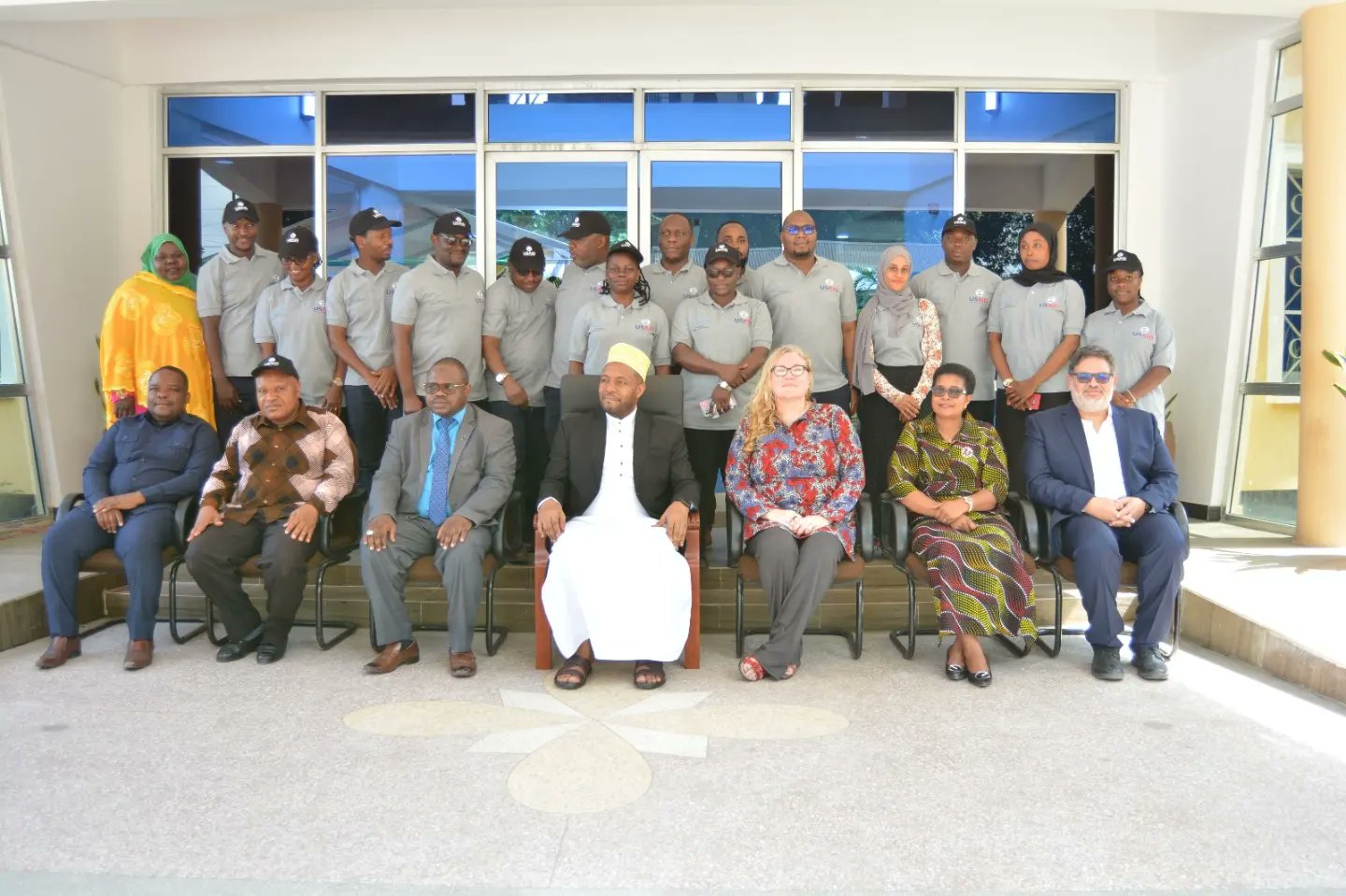Tanzanian Agricultural Cooperatives Receive Over TZS 449 Billion for Input Procurement and Distribution in the 2022/2023 Season
In a boost to Tanzania’s agricultural sector, the Ministry of Agriculture has announced the allocation of more than TZS 449 billion to agricultural cooperatives for input procurement and distribution during the 2022/2023 farming season. This substantial investment is set to have far-reaching implications for the country’s farmers, ensuring they have access to essential inputs that will enhance productivity, food security, and overall rural development.
The allocation, which is part of the government’s ongoing commitment to bolstering the agricultural sector, was announced via the official Twitter account of Wizara ya Kilimo (@WizaraKilimo), further solidifying Tanzania’s dedication to promoting cooperative farming and sustainable agricultural practices.
The Importance of Agricultural Cooperatives
Agricultural cooperatives have long played a pivotal role in Tanzania’s agricultural landscape. These collective entities bring together farmers, enabling them to pool their resources, share knowledge, and collectively access vital agricultural inputs such as seeds, fertilizers, pesticides, and machinery. This cooperative approach not only reduces individual farmers’ financial burdens but also fosters a sense of community and mutual support among rural farming communities.
Moreover, agricultural cooperatives have proven to be an effective tool in addressing the challenges faced by smallholder farmers, who constitute a significant portion of Tanzania’s agricultural workforce. These cooperatives empower small-scale farmers by giving them a stronger voice in the marketplace, enhancing their bargaining power, and facilitating access to credit and training programs.
Allocating TZS 449 Billion: A Game-Changer for Farmers
The allocation of more than TZS 449 billion to agricultural cooperatives represents a substantial financial injection into Tanzania’s agricultural sector. This funding will have a transformative impact on the lives of millions of smallholder farmers across the country. Here’s how this investment will benefit the agricultural sector and the nation as a whole:
- Enhanced Input Access: With this financial support, agricultural cooperatives can secure a steady supply of high-quality seeds, fertilizers, and pesticides, ensuring that farmers have access to the inputs they need for successful crop production.
- Improved Productivity: Access to quality inputs is a fundamental factor in increasing agricultural productivity. With better inputs, farmers can achieve higher yields, resulting in increased food production and improved food security for the nation.
- Rural Development: Investing in agricultural cooperatives not only supports farmers but also contributes to the development of rural communities. Improved agricultural productivity can lead to higher incomes, better living standards, and reduced rural-to-urban migration.
- Strengthening Resilience: By enabling smallholder farmers to work together, cooperatives build resilience in the face of challenges such as climate change and market fluctuations. Collective action allows farmers to share risks and resources, making them better equipped to adapt to changing circumstances.
- Economic Growth: Agriculture is a crucial driver of Tanzania’s economy, employing a significant portion of the population. Investing in the sector through cooperatives can stimulate economic growth, reduce poverty, and promote inclusive development.
The Importance of Government Support
The allocation of TZS 449 billion to agricultural cooperatives reflects the government’s commitment to supporting and empowering smallholder farmers. By channeling funds directly to cooperatives, the government ensures that the financial assistance reaches those who need it most. This approach is in line with Tanzania’s National Agricultural Policy, which prioritizes agricultural transformation, rural development, and food security.
Furthermore, the government’s investment in agricultural cooperatives aligns with the United Nations Sustainable Development Goals (SDGs), particularly Goal 2: Zero Hunger and Goal 8: Decent Work and Economic Growth. These goals emphasize the importance of agriculture in achieving food security, eradicating poverty, and fostering economic development.
The Road Ahead
As Tanzania moves forward with its ambitious plans to strengthen the agricultural sector, the allocation of TZS 449 billion to agricultural cooperatives in the 2022/2023 farming season is a clear signal of intent. It underscores the government’s recognition of the vital role played by smallholder farmers and their organizations in driving agricultural growth and food security.
However, ensuring the effective utilization of these funds and monitoring their impact will be crucial. Transparent and accountable distribution mechanisms, coupled with training and capacity-building programs for cooperative members, will help maximize the positive outcomes of this investment.
Wizara ya Kilimo’s announcement of over TZS 449 billion for input procurement and distribution through agricultural cooperatives in the 2022/2023 season is a significant milestone for Tanzania’s agricultural sector. This financial boost will empower smallholder farmers, enhance agricultural productivity, and contribute to the nation’s overall development. It is a clear demonstration of the government’s commitment to ensuring food security, eradicating poverty, and promoting sustainable agriculture in Tanzania.


